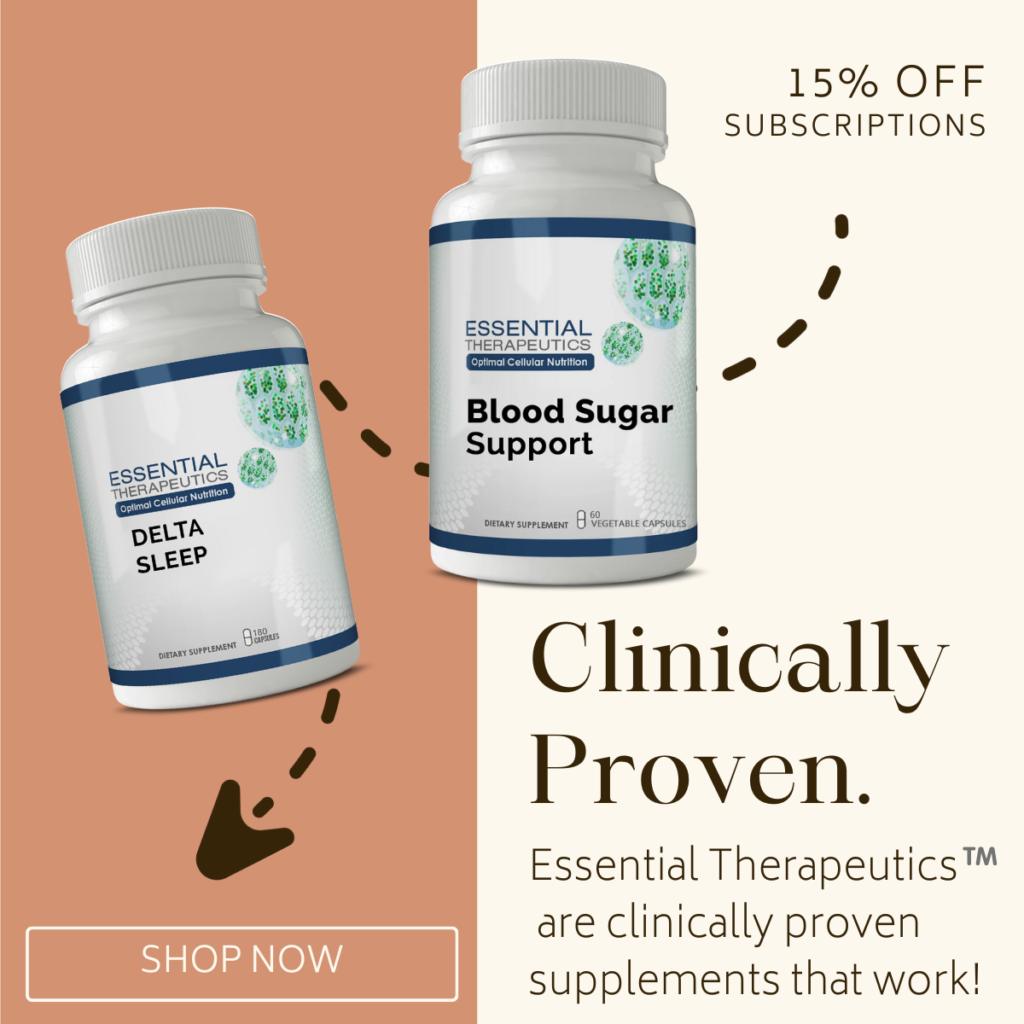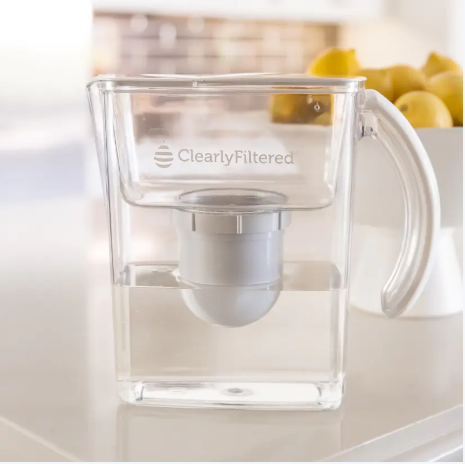
Antioxidants Help Endometriosis Pain
Endometriosis is a condition where the tissue lining in the uterus spreads and grows outside the uterus. Symptoms of endometriosis are not always apparent and can go undetected for long periods of time. When symptoms do present themselves it is in the form of pain, scarring, menstrual problems, and difficulty in conceiving. Although conventional treatment includes surgery and the use of hormones, there are effective natural alternatives, which include diet, herbs, and nutrient supplementation. When a woman has endometriosis the lining of the uterus that should have been eliminated during menstruation instead migrates and attaches itself to other parts of the body outside the uterus. These parts can be varied, including other organs of the body. It can entwine itself around the ovaries, fallopian tubes, bladder and intestines and in some cases can travel to distant areas such as the lungs.

Research now shows that antioxidants including vitamin E and C are help reduce pain associated with endometriosis. Women in the study reported a 43% reduction in symptoms compared to placebo.
Endometriosis is often the result of too much estrogen circulating in the body.
Excess estrogen can lead to changes in the lining of the uterus.
Nutrients that help in the balancing and metabolic process of estrogen are found in foods such as Broccoli, cauliflower, cabbage, kale, Brussels sprouts, and bok choy.
Additional beneficial foods and herbs include:
* Flavones, celery and parsley of which are an excellent source.
* Flaxseeds, which are high in lignans and fiber.
Chaste-tree berry Supplementation for Hormonal Balance
Chaste berry, also known as Vitex agnus-castus, is a herb that has been traditionally used to help balance hormones in women. It is believed to work by influencing the pituitary gland, which regulates the production of hormones such as estrogen and progesterone.
Research suggests that chaste berry may be beneficial for certain hormone-related conditions, such as premenstrual syndrome (PMS), irregular menstrual cycles, and symptoms of menopause. It is thought to help increase progesterone levels and decrease levels of prolactin, a hormone that can disrupt the menstrual cycle.
Several studies have shown positive effects of chaste berry in reducing PMS symptoms, such as breast tenderness, bloating, and mood swings. It may also help regulate menstrual cycles in women with irregular periods.
Over the counter Progesterone cream may relieve the pain experienced during menstrual periods and it is thought to slow the growth of abnormal tissue. For my patients I recommend a trial of over the counter progesterone cream, Restored Balance, a natural, non-synthetic, thus safe form of progesterone.
Studies have indicated that Omega 3’s may be beneficial when addressing endometriosis. These can be found in fish such as salmon, mackerel, sardines, and anchovies. However, because of the dioxins and PCB’s that they contain, it may be preferable to take an Omega 3 supplement that contains a minimal amount of these environmental chemicals.

Processed Meat Heart Attack, Stroke Diabetes, and COPD Risk
Research published in the European Respiratory Journal shows that individuals with chronic obstructive pulmonary disorder (COPD) who consumed the higher amounts of processed or “cured” meats, doubled their risk of being readmitted to the hospitable for COPD related conditions. Cured meats are loaded with potentially harmful nitrates and nitrites, two chemicals associated with increased risk of heart attack and stroke. In rats sodium nitrites caused pulmonary emphysema. Nitrites are oxidizing, causing cellular inflammation, damage and destruction. Researchers from the Harvard School of Public Health (HSPH) have found that eating processed meat, such as bacon, sausage or processed deli meats, was associated with a 42% higher risk of heart disease and a 19% higher risk of type 2 diabetes. In contrast, the researchers did not find any higher risk of heart disease or diabetes among individuals eating unprocessed red meat, such as from beef, pork, or lamb.

Ibuprofen, a drug in the family of medications called Non-Steroidal Anti-inflammatory Drugs (NSAIDs), can cause what is often referred to as ‘leaky gut syndrome’ (LGS). This is thought to lead to stomach ulcers that can result in upper gastrointestinal bleeding, the need for surgery and blood transfusions.
The National Institute of Health (NIH) warns about the possible risks of ibuprofen: “NSAIDs such as ibuprofen may cause ulcers, bleeding, or holes in the stomach or intestine. These problems may develop at any time during treatment, may happen without warning symptoms, and may cause death.
“The risk may be higher for people who take NSAIDs for a long time, are older in age, have poor health, or who drink three or more alcoholic drinks per day while taking ibuprofen.”
Another study by NIH concluded that NSAIDs weaken the intestinal walls and using these drugs for the long-term leads to inflammation of the small intestine.
Here’s a list of common NSAID medications:
- Advil / Motrin (ibuprofen)
- Aspirin
- Aleve (naproxen sodium)
- Celebrex
- Naprosyn (naproxen)
- Lodine (etodolac)
- Mobic
- Nalfon (fenoprofen)
- Daypro (oxaprozin)
- Ansaid (flurbiprofen)
- Cambia / Cataflam / Voltaren (diclofenac)
- COX-2 Inhibitors
Potential side effects of other NSAIDS:
A person taking NSAIDs is seven times more likely to be hospitalized for gastrointestinal adverse effects. The FDA estimates that 200,000 cases of gastric bleeding occur annually and that this leads to 10,000 to 20,000 deaths each year. NSAIDs more than double a person’s risk of developing high blood pressure, possibly leading to more medication. In one study, 41% of those who had recently started on medication to lower their blood pressure were also taking an NSAID.
Intestinal permeability occurs when the lining of the digestive tract becomes permeable (leaky) to toxins that cause chronic inflammation. Intestinal permeability allows toxins to leak out of the digestive tract and into the bloodstream. This triggers an autoimmune reaction that can create pain and inflammation in any of the body’s tissues. The use of non-steroidal anti-inflammatory drugs, steroids, antibiotics, antihistamines, caffeine, alcohol, and other prescription and nonprescription drugs renders the intestinal mucosa permeable to toxins and undigested food particles.
Intestinal permeability is associated with such illnesses as:
• Ankylosing spondylitis
• Rheumatoid arthritis
• Food allergies
• Crohn’s disease
• Eczema
• CFS
• IBS
• Cystic fibrosis
• Chronic hepatitis
• Autoimmune diseases-rheumatoid, Lupus, and others
You can learn more about Leaky Gut at:
I use a product especially developed for intestinal permeability known as Leaky Gut Formula. It has all the essential nutrients to help correct intestinal permeability.

To reduce pain and inflammation I recommend the Essential Therapeutics Inflammation Support Formula (ISF) that combines turmeric with synergistic nutrients to enhance its pain blocking and inflammation reducing effects.
Turmeric is a spice that has been used for centuries in traditional medicine for its anti-inflammatory properties. It contains a compound called curcumin, which has been found to have pain-relieving and anti-inflammatory effects.
Research has shown that curcumin can inhibit the production of inflammatory molecules in the body, such as cytokines and enzymes. It also has antioxidant properties, which can help reduce oxidative stress and inflammation.
Several studies have suggested that turmeric or curcumin supplements may be beneficial for reducing pain and inflammation in conditions such as arthritis, joint pain, and inflammatory bowel disease. However, more research is needed to fully understand the effects of turmeric on pain and inflammation.
It’s important to note that the bioavailability of curcumin is low, meaning that it is not easily absorbed by the body. To enhance its absorption, it is often recommended to consume turmeric or curcumin supplements with black pepper or fat.







